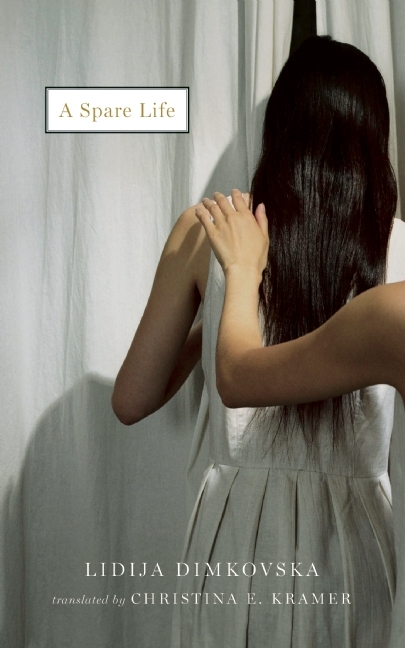What do you think?
Rate this book


490 pages, Paperback
First published January 1, 2012
with each conversation, i grasped again and again that we both are, and are not, born as citizens. it's not only the soil upon which we were born that defines us, but all the ground we've trod, all the air we've breathed, all the people we've met, all the languages in which we've tested our power of transmutation. the person who writes is half chameleon, half stone. before he dies, a worm in his soul says in his mother tongue: "who are you? who were you?" he dies before answering the question. the émigré writer has no answer to that question.